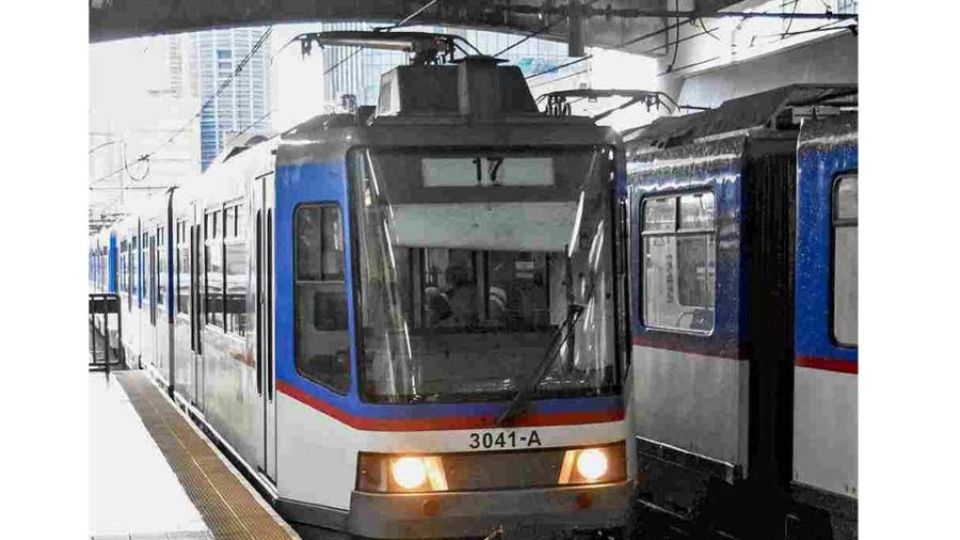October 17, 2024
TOKYO – A Japan International Cooperation Agency (JICA) employee is suspected of leaking confidential information regarding a project to renovate a railway in the Philippines through official development assistance (ODA), including the estimated cost of the work, to a Tokyo construction consulting firm, The Yomiuri Shimbun has learned.
The work was offered by the Philippine government in 2019 through competitive bidding, and a joint venture that included the consulting firm won the contract.
JICA disciplined the employee with a one-month suspension based on its rules of employment, but the act may violate a confidentiality law that employees of JICA are subject to.
JICA is an independent administrative corporation under the Foreign Ministry’s jurisdiction and serves as the Japanese implementing agency for ODA projects. Its staff are quasi-civil servants.
It is extremely unusual for the alleged leakage of confidential information from JICA to come to light. In ODA for developing countries, a recipient country often sets a planned tender price based on an estimate by JICA. As such, it is suspected that the leakage made the bidding process a mere formality.
According to documents obtained by The Yomiuri Shimbun and sources close to the matter, the suspected leak involved the supervision work for the Metro Rail Transit (MRT) Line 3 Rehabilitation Project, which was ordered by the Philippine government as part of a ¥38.1 billion Japanese-government-backed yen loan agreement with Japan.
The Philippine government set the planned tender price based on an estimated cost calculated by JICA from field surveys. JICA apparently invited six Japanese companies, including the consulting firm, to participate in the tender.
The JICA employee who oversaw the work is suspected of leaking JICA’s estimate, as well as details of the work content and manpower plan prepared by the Philippine government, to an employee of the consulting company via multiple emails sent around May 2018.
The yen loan contract was signed in November that year, and the joint venture including the consulting company, another one of the six firms and others won the contract with a bid of around ¥1.7 billion in June 2019. The other four companies did not participate in the bidding.
The MRT project involves rebuilding a section of the Philippine urban railway system and is seen as important for Japan under its policy of expanding the export of infrastructure such as the railway industry. The JICA employee in question likely aimed to secure a contractor in advance to avoid the possible stagnation of the project due to such factors as an unsuccessful bidding process.
JICA announced in July that it had punished an employee for “leaking confidential information about procurement procedures,” but did not reveal the recipient country of the yen loan nor the project concerned. The consulting company said it would not respond to any request for an interview.
Jun Kitajima, a professor at The Graduate School of Social Design and an expert on ODA projects and compliance, said: “The way a JICA employee undermined the bidding process conducted by recipient countries was malicious.” He also described JICA’s reluctance to disclose information on the matter as “inappropriate.”
“Unless the agency explains the details of the leak and takes preventative measures, it could lead to the credibility of Japan’s ODA, with its 70-year history, being called into question.”

